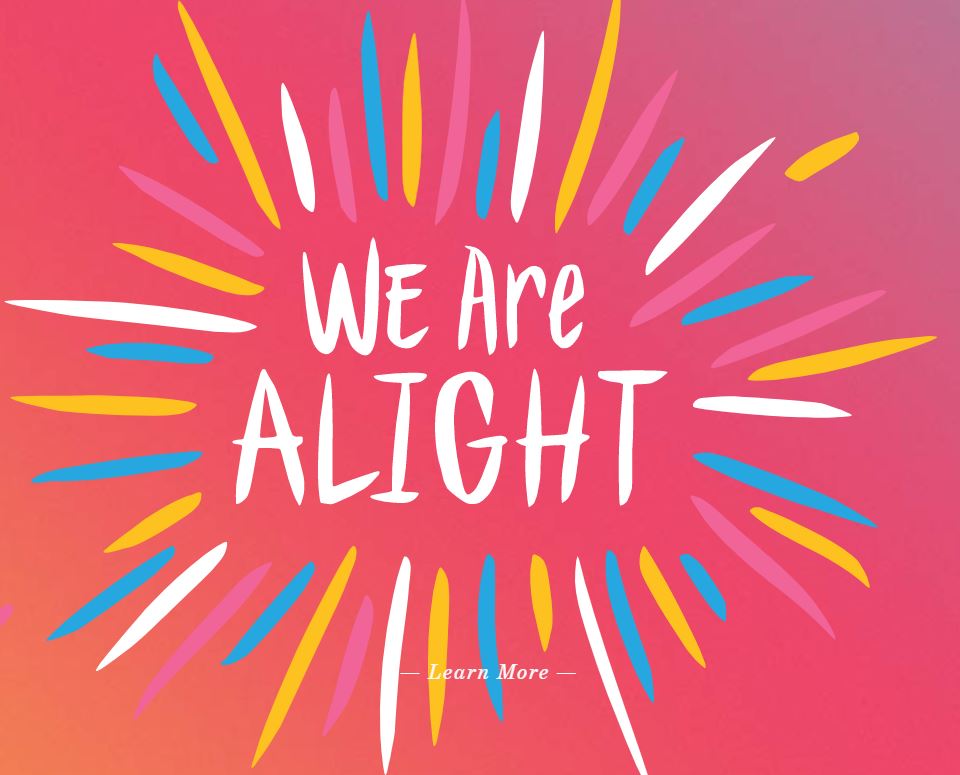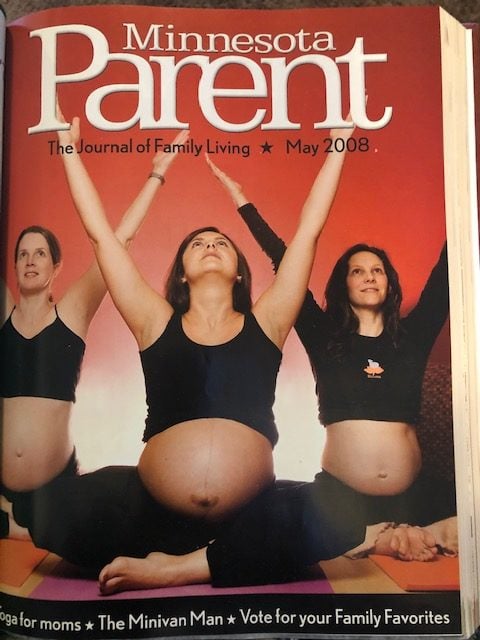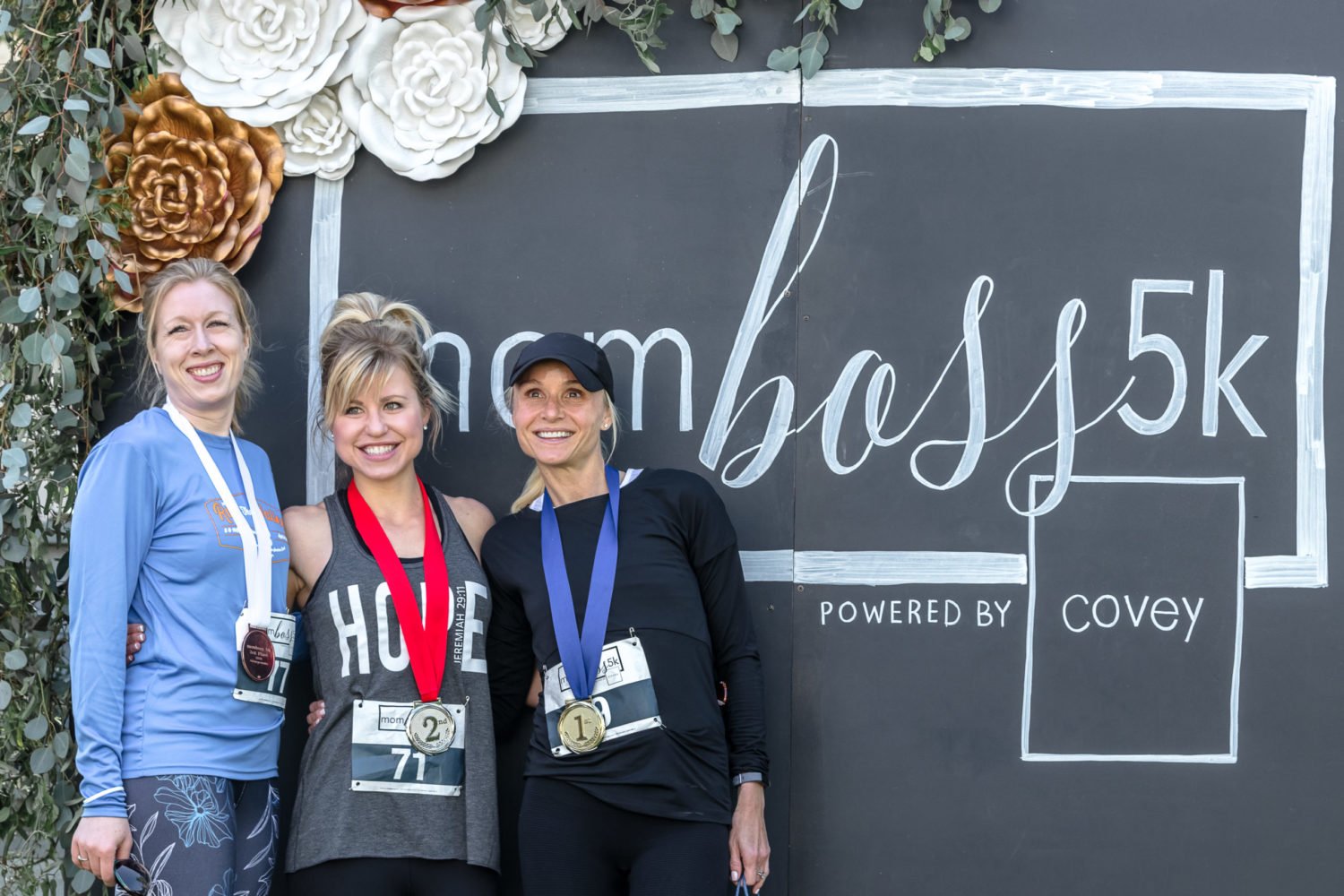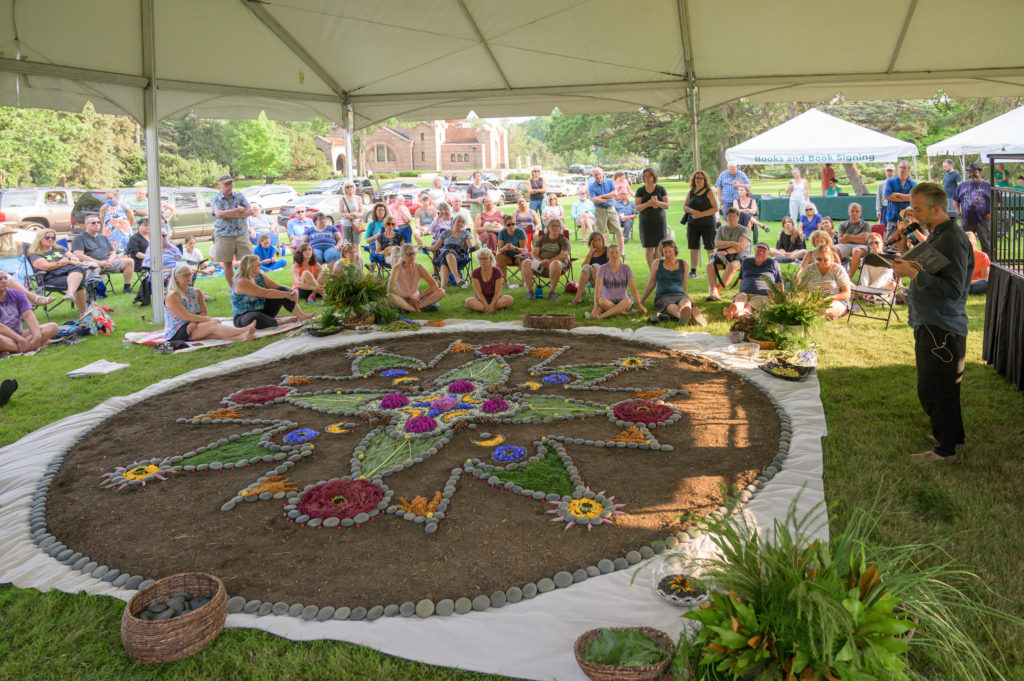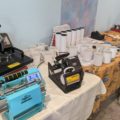When international disasters and civil wars near an end, that is when work begins for a small office in Loring Park.
The American Refugee Committee is building health clinics, granting small business loans and digging clean water wells for refugees in field offices spanning from Thailand to Liberia.
Based in the 1924 Loring Park office building, 430 Oak Grove St., the American Refugee Committee, now known as Alight, has a $60+ million budget and manages 1,800 aid workers in at least 10 countries.
Hugh Parmer, former president of American Refugee Committee (ARC) International, said the office is unusually situated because most foreign aid organizations are located on the East Coast.
“We think it’s helpful to international relief generally to have somebody out in the middle of the country,” Parmer said. “This community has been very supportive of refugees over the years; this is home for literally thousands of immigrants. We have a strong base among the public here. Close to 80 percent of our individual donor or private funding comes from the Twin Cities.”
ARC has drawn staff members from the Twin Cities as well. Jerry Farrell recently returned here from the Darfur region of Sudan, where he worked for two years as the country director.
“It seems very remote. Like Iraq, the level of violence is unimaginable, but there have been over 2,000 villages burned in Darfur over the past three years,” Farrell said. “I lost sleep over the very real prospect that our Sudanese staff members were going to get shot and maybe killed. They got arrested all the time by the government.”
Farrell met continually with Sudanese leaders to seek safety from the rebels and proper permitting from the government. The negotiations allowed aid workers to teach displaced villagers the importance of latrines and sanitation, build health clinics, and organize early morning group outings to protect women and children against attacks while they gathered firewood and food for livestock.
Parmer said Sudan, which has seen 25 years of civil war, is an extreme example of the conditions aid workers face to reach refugees. The other extreme is the Balkans, he said, where aid workers enjoy electricity, cell phones and good roads. Free from the worries of a war zone, staff help rebuild communities and help residents accept former neighbors returning home.
ARC Board Member and General Counsel Michael McCormick, a partner with the law firm Dorsey & Whitney, said legal aid offices in Yugoslavia have helped people retrieve their lost 401K plans.
Starting out
So how did Loring Park become connected to aid work in the Balkans and Darfur?
The 28-year-old organization was founded by a Chicago businessman named Neal Ball. During the refugee crisis in Thailand following the Vietnam War, Ball signed up to adopt a refugee, thinking the adoption simply would entail monthly contributions. The story goes that Ball was quite surprised to receive a call alerting him that his adopted refugee would arrive in Chicago next Thursday.
By taking in the refugee, Ball learned that tuberculosis and other infectious diseases were preventing refugee immigration in large numbers. He organized a team of medical workers to send to Thailand, and he soon decided to form a permanent team and find someone to run the U.S. office.
The task fell to his friend Stan Breen. But Breen, who worked to help pass the Refugee Act of 1980, did not want to move out of Minnesota. So the headquarters moved to Minneapolis.
Karen Johnson Elshazly, a senior advisor to the president who has worked with ARC since the beginning, said ARC was originally based at the Flour Exchange Building in 1979. Extensive building renovations led the office to move to 21st and Nicollet, then on to 24th and Nicollet until Waldorf School bought the building in 1999.
A broad reach
While the ARC was moving around Minneapolis, they were moving and growing around the world as well.
They started out working primarily in Southeast Asia, until they expanded into Eritrea in 1985 and later expanded to serve the Somali population. In the 1990s, services for immigrants in Minnesota were spun off into separate nonprofit organizations, and field work grew into the Balkans.
Now, ARC is preparing to leave the Balkans as displaced people from wars in Croatia, Bosnia, Kosovo and Montenegro return home or become acclimated to their new homes.
The newest project set to begin early next year is in Uganda, Parmer said, where the Lord’s Resistance Army is attempting to overthrow the government and has burned the homes of civilians along the way.
The ARC decides where to work based on available funding, and whether existing resources in a region could easily reach another area in need.
In Uganda, for example, a staff field office serving southern Sudan is already based in Kampala, Uganda. A cease fire has allowed ARC to obtain its first grant from UNICEF to provide water and sanitation training to displaced populations in three refugee camps. The bulk of ARC funding comes from the U.S. government and other governments throughout Europe, primarily United Nations programs.
One of the major changes seen at ARC field offices over the years is the level of risk involved, staff said. ARC only started using a security consultant beginning in 2000, and finally hired an in-house security manager three years ago. Now each regional team has a security advisor.
“We’ve become a soft target,” Elshazly said. “Humanitarian work is not protected in and of itself anymore.”
Farrell said his Darfur team had a big scare last year when 16 of his staff members were kidnapped by a rebel group. The staff were held, unharmed, for five days while Farrell negotiated with senior rebel commanders outside the country.
“I said ‘If you can’t give me a security guarantee, we will never operate here again,’” Farrell said. He said they learned the kidnapping was orchestrated by a young rebel commander flexing his muscles.
Sudan has become much riskier in the past nine months, Farrell said. His staff were routinely arrested by the government and held for anywhere from two to four weeks. He sent a staff member to visit prisoners each day to ensure they were alive and not hurt.
“Until Somalia decayed into civil war in the `90s, humanitarian aid workers were almost never targeted,” Farrell said.
Staying safe
To reduce the security risk, the unarmed aid workers became heavily ingrained into the communities they served. If trouble was on the way, the locals knew it and they would warn the aid workers. When traveling, staff would stop and ask whether the gunfire they heard was due to a wedding or cause for alarm.
“Acceptance is key to security,” Farrell said.
Farrell also took great pains to remain neutral in the conflict. He communicated with both rebel groups and the government. Staff members worked in a rural corridor of the country, rather than in isolated refugee camps.
“I didn’t think a lot about the lack of political will [to stop the conflict],” Farrell said. “You’ve got to worry about keeping people alive, and when you’ve kept them alive, you want to improve their diet, show them how to harvest water, show them how to grow vegetables in the dry season so they can sell them and generate income … Will that stuff have a long-term impact? I think so.”
One success story told by Parmer concerns a Sudanese woman who was taken as a child bride at the age of 13, marrying a 50-year-old man. When she escaped and returned to her village, she was shunned. She approached ARC workers who were trying to provide medical care and develop entrepreneurship opportunities. She now participates in a co-op that makes soap out of local materials in Kejo Keji and sells them in Uganda. Another cooperative group of women is starting a business raising poultry through ARC.
Farrell told another story of a woman trained to be a midwife, whose village came under attack in Sudan. She was able to collect all of her supplies for the reproductive health clinic onto a donkey cart, and she set up a new delivery room in another rural village.
“Usually, you just have to run and you can’t take anything with you,” Farrell said. “She was such an incredible woman.”
ARC Board Chair Sonia Cairns said the distribution of a video that discouraged violence against women had a powerful impact on her. When she visited a Liberian village, one person who saw the video stood up and said he didn’t know that raping a young girl could prevent her from having children. A village elder stood up and said rape had taken place as long as he could remember, but he would not tolerate it anymore. A woman on the Liberian Council for Women said she would travel across the country to help spread the information.
Cairns also told the story of a Liberian woman who saw her husband murdered but vowed she was going to live and take care of her children. Through a micro-loan from ARC, she started traveling by truck into the city to smoke fish and sell it. She had money left over to give to the program preventing violence against women, and she was able to return to Liberia with her healthy children.
“I know we’re making an impact because I can see it,” Cairns said.
McCormick spoke of a man named William he met at a marketplace in Sierra Leone. William showed McCormick his hands, and engaged him in conversation about how much he wanted to work but there was no work for him to do.
“You hear people complain about the workload here,” McCormick said. “I think about how much he just wanted to work.”
Steve Miles, an ARC volunteer and professor at the University of Minnesota, said international work continually filters back into Minneapolis. For example, an ARC tuberculosis treatment program first used 20 years ago on the Thai/Cambodian border was adapted for use in Hennepin County upon the return of local volunteers. Miles said many medical translators here are former ARC volunteers.
“At the Hennepin County Medical Center, on any given day, I know they speak 70 different languages. We are an international health care system,” Miles said. “This work has enormous paths back home.”
ARC staff said Loring Park and Minneapolis are far more connected to the international community than they realize.
“People are the same; they all want the same things,” Elshazly said. “People become pawns of politics, but they find ways to live together.”





